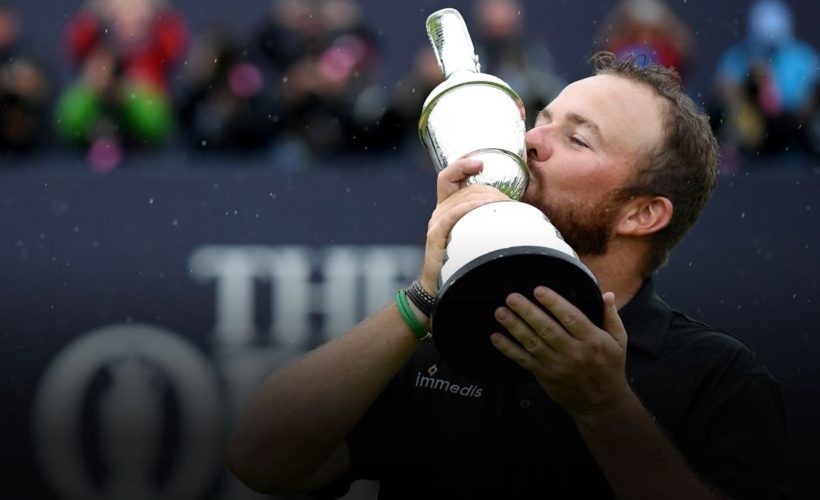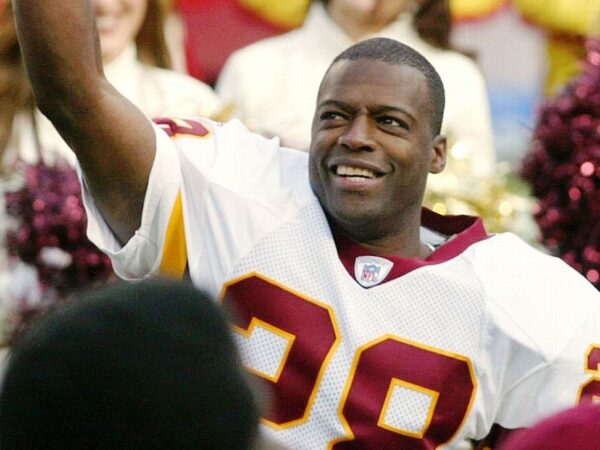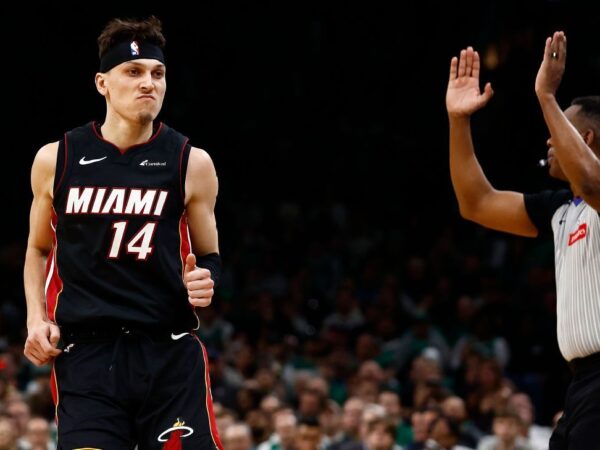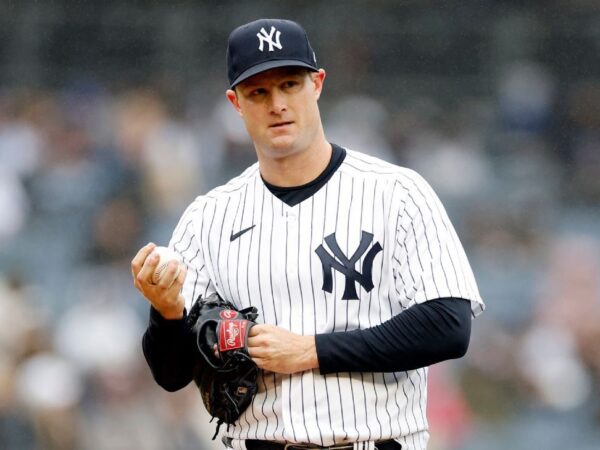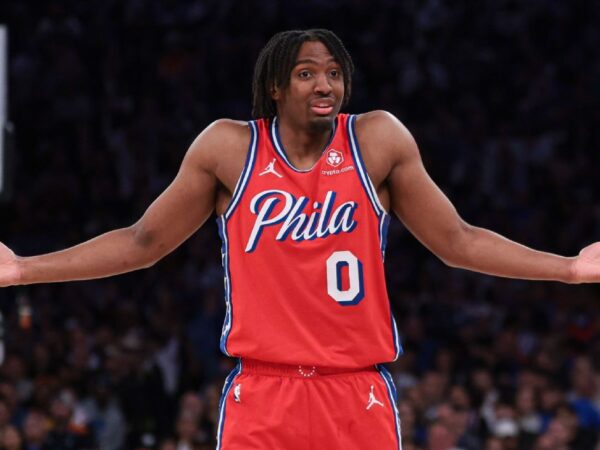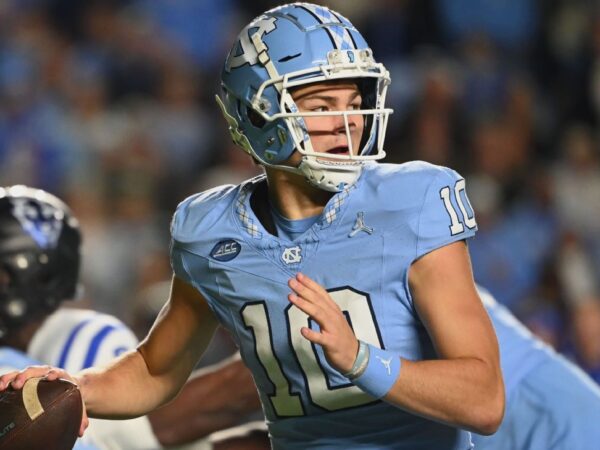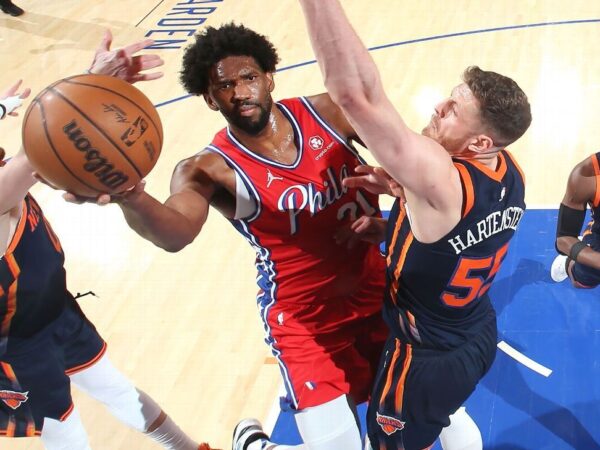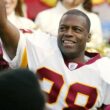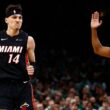PORTRUSH, Northern Ireland — The rain was coming sideways at Royal Portrush, and the wind was screaming like a banshee. It did not take much of an Irish fatalist to forecast the demise of Shane Lowry, who had taught himself three years ago how to blow a big major-championship lead.
He had won the 2009 Irish Open as a cocky and chunky amateur in dreadful weather, but, as Lowry would admit, that was a long time ago.
“I used to be good in bad weather back then,” he would say. “But I don’t play in bad weather anymore.”
Lowry played in bad weather in the final round of The Open. Holding a 4-shot lead to open the round, he played prevent defense in golf’s answer to Green Bay Packers weather.
“Football was huge in my house,” Lowry said. Gaelic football, that is. He was born in Mullingar, County Westmeath, the son of a football star named Brendan Lowry, an all-Ireland champion in 1982 who still regrets his poor play in losing the final to Kerry the previous year. That’s the thing about the Irish greats — they are always haunted by something.
Oakmont was Shane Lowry’s haunt, the squandered lead in the final round in 2016. He was too slow to play football as a child, so he was stuck with golf as a career pursuit. Stuck with all the demons and doubts that make golf the world’s most maddening game.
Shane got only four or five hours of sleep — half his usual total — before confronting the biggest round of his life. He had to follow up Saturday’s 8-under 63 in benign conditions, and what he called “the most incredible day I’ve ever had on the golf course,” with enough precision and poise to hold off the real and imagined hurdles around him. Lowry had said all the right things after his third round. He acknowledged that he would spend a lot of time talking about holding the Claret Jug, thinking about holding the Claret Jug. He saw no point in trying to bottle up his emotions.
“We’re human,” he said. “We’re not robots.”
He admitted Sunday would be a very stressful day, but maintained he had learned a lot about himself after Oakmont. He said he would continue to play golf “like there’s no consequences.”
And then he woke up at 6:30 a.m. local time, staring straight into the abyss.
“I suppose I didn’t even know this morning if I was good enough to win a major,” Lowry said Sunday night.
He was sitting next to the Claret Jug at the time.
At 32, Lowry had answered all the questions asked by peers, reporters, fans and the man in his own mirror. He shot 1-over 72 to win The Open by a half dozen shots over Tommy Fleetwood, who wasted so many opportunities to put extreme heat on the leader early in the day. The first Open in Northern Ireland in 68 years was supposed to belong to the tournament and hometown favorite, Rory McIlroy, who waved a tearful goodbye to his chances two days before his much-less-heralded teammate on past unified island teams, Lowry, shocked just about everyone watching.
On his 72nd hole, Lowry told himself, “I can’t believe it’s happening to me.” He was struck by the sight of countryman Padraig Harrington and Northern Ireland’s Graeme McDowell, both major champions. He grew emotional when his saw his wife, Wendy, and young daughter, Iris, behind the green, at least before Bo Martin ordered him to calm down and finish the job.
Lowry’s caddie had done a masterful job all week keeping his man grounded. Lowry had missed four consecutive cuts at The Open. Last year, at Carnoustie, he sat in the car park after the first round and cried.
“Golf wasn’t my friend at the time,” Lowry recalled.
This time around at Royal Portrush, feeling uneasy about his game, Lowry sat down with his coach, Neil Manchip, for a cup of pre-tournament coffee at the Bushmills Inn.
Manchip had often assured his student that he would win a major — at least one. The coach told Lowry he didn’t need to carry the weight of the world, or of the Republic of Ireland, into the event. Don’t try to force anything, Manchip said. “It doesn’t need to be perfect,” he told Lowry.
But then Sunday came and Lowry was way out in front. He was all alone out there, all alone with Martin.
“I kept on telling him how nervous I was,” Lowry said, “how scared I was, how much I didn’t want to mess it up.”
He didn’t mess it up. Lowry made a huge putt for bogey on the first hole, where Fleetwood missed for birdie, and although Lowry immediately lost a stroke off his lead, Harrington said, “I’m sure he went to the second tee feeling like he won that first hole.”
Fleetwood wouldn’t make any putts that mattered, and Lowry wouldn’t let the weather rain on his parade. “It was so hard out there,” he said.
It’s supposed to be, of course. It’s The Open.
Lowry fought the good fight. In fact, he has long had some fire in that considerable belly of his. I approached him once at the Masters along with columnist Tara Sullivan, now of The Boston Globe, to talk about — who else? — Rory McIlroy. An O’Connor and a Sullivan approaching an Irishman to talk about a McIlroy — what could possibly go wrong?
Only Lowry (and a nearby supporter or three) made it clear after a couple of Rory questions he felt slighted that the queries weren’t about his own chances at Augusta National. The interview was as painfully brief as Fleetwood’s window of opportunity Sunday to beat him.
At least one distinguished local could see this coming. McDowell, who grew up in Portrush, first met Lowry after the second round of the 2009 Irish Open at County Louth Golf Club in Baltray, after McDowell shot 61, 1 stroke better than the eventual winner. Lowry didn’t even bother to introduce himself.
“I can’t believe you beat me by one out there today,” he barked.
1:11
Tommy Fleetwood reflects on his runner-up finish to Shane Lowry at The Open at Royal Portrush.
“Who’s this kid?” McDowell thought to himself.
“I’ve always respected his game so much because he’s very ballsy,” McDowell said. “He’s a phenomenal driver of the ball. He may be the best chipper I’ve ever seen. Apart from Phil Mickelson, I don’t know anyone who chips as good as him. … He’s one of the most competitive people I’ve ever met, to a fault nearly.
“We always used to joke, he wants to beat me more on a Wednesday than he wants to win a tournament. … I feel like Shane’s always got one eye on what the other Irish players are doing. He wants to be the top Irishman. He’s just that kind of guy.”
Via McDowell, the teacher Pete Cowen tells a story of once visiting the unified island team training in Dublin and being asked to assess the players. Cowen praised McIlroy, the boy wonder.
“But that slightly overweight kid with the glasses on,” the teacher said, “he looks good.”
Of course, that was Shane Lowry.
When it was all over Sunday, singing, chanting fans waved the tricolor flag of Ireland in the 18th fairway.
Irish fans pretty happy with the result at The Open. pic.twitter.com/GUpSTRfWmg
— Ian O’Connor (@Ian_OConnor) July 21, 2019
Lowry hugged Martin, from Belfast, literally joining Ireland and Northern Ireland on a historic day in sport. The winner would embrace his wife and daughter, and pose for a group picture with his family, friends and Manchip.
Lowry’s father, Brendan, the Gaelic football star, declined a formal interview when approached by a small group of reporters behind the 18th green. As he walked away from the course, pumping both fists at the shouting fans who recognized him, the old football star was asked whether this moment felt better than his 1982 championship.
“Absolutely it does,” Brendan Lowry said. “As a father, you always want your son to do better.”
As it turned out, Brendan’s boy never had the speed to play football.
The world found out Sunday he had the toughness to play golf.
Source:ESPN

